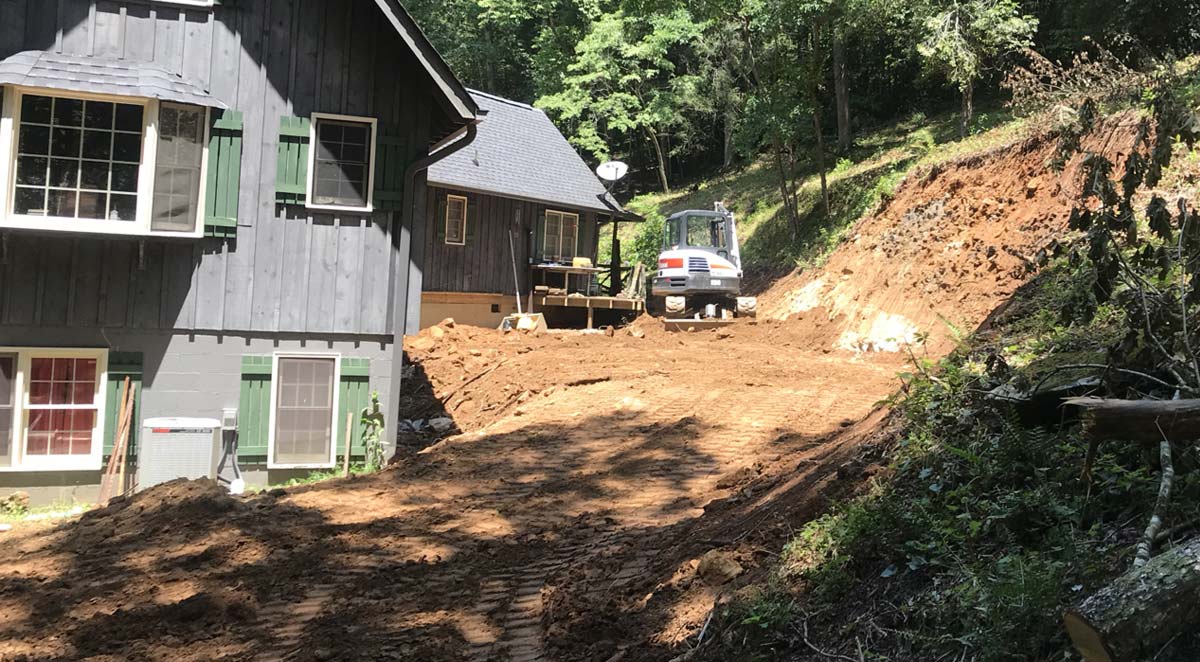Ethical and Environmental Land Grading Spartanburg, SC
 For property owners, whether residential, agricultural, commercial, or municipal, a critical step in many projects is land grading. If you need to complete this job before you can tackle the next phases of your project, it is worth taking some time to learn about ethical and environmental land grading. What is it - and why is it important to consider as you plan for the future of your property?
For property owners, whether residential, agricultural, commercial, or municipal, a critical step in many projects is land grading. If you need to complete this job before you can tackle the next phases of your project, it is worth taking some time to learn about ethical and environmental land grading. What is it - and why is it important to consider as you plan for the future of your property?
Land Grading 101 in Spartanburg and Greenville
Land grading the process of leveling the surface of a section of land; you may have to move dirt from higher points to low lying areas or to bring in additional fill to achieve a level “playing field,” so to speak. The resulting piece of land can be flat or strategically sloped, depending on the needs of your project and the characteristics of the property.
Grading is beneficial for a number of reasons. It provides a surface on which you can build, grow, landscape, or otherwise improve the functionality, appearance, and value of your property. Additionally, it:
- Allows you to slope the land to divert water from the house or other structures
- Helps prevent erosion
- Improves surface drainage
- Reduces standing water on properties - which also reduces mosquito breeding
- Improves the land’s ability to support healthy crops, plants, and landscaping
If you live in a relatively rainy area, sloping the land away from your home or buildings allows the water to drain off appropriately so you do not damage your foundations or waterlog the roots of your plants/flowers/crops. If you live in a dry area, you can do the same thing in reverse: grading the land allows the harder, baked clay-like soil to absorb the water and nourish the land. If you need help with landing clearing in the Spartanburg and Greenville areas, contact Garrett’s Landscape today.